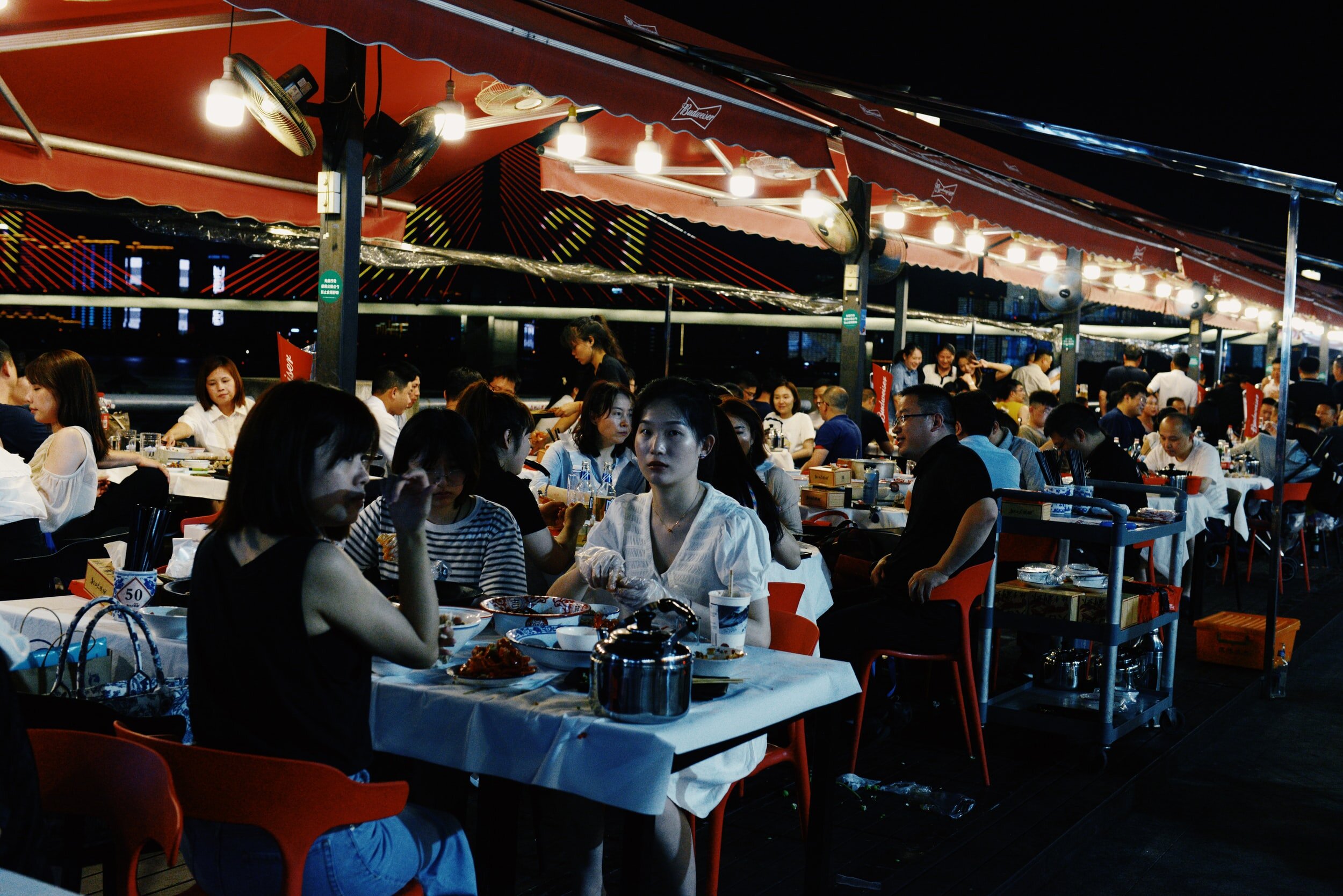
Editor’s note: Earlier this week, Simon Liu talked about the Chinese church’s increasing focus on personal, relational evangelism: gospel sharing that does not rely on tricks or strategies, but on Christians shaped in the cruciform image of Christ opening their lives to non-believers. Today, he talks about the long work of preparation that is necessary for most Chinese before they are prepared to follow the gospel. The issue of Chinese nationalism is very important for Mainland Chinese believers, who make a point of declaring their allegiance is to Christ before country (i.e. the Communist Party). For most Chinese, it is only once their old, political worldview has crumbled that they are willing to replace it with belief in the gospel.
This interview has been edited and condensed for clarity and length.
China Partnership: You have a heart for unreached people groups in China. What is happening in those areas now?
Simon Liu: I have a friend who works with minority groups in rural areas. There, nothing changes; although some people have cell phones, they live as they did 100 years ago. We help with church planting and trainings for these minority groups, so they can plant churches among their people. They have a little bit more freedom, because everything is within their own circles.
In China, the Party cares about where they can get money. If you are poor, you are safe. These minority groups are not like the Uyghurs, they are in another area and have a bit more freedom. If no one can get anything good from them—why bother? Officials leave them alone. A lot of people who live far away are like their own, self-contained kingdom.
Never miss a story
>
”“Evangelism is not just telling people that Jesus saves them. It is not that simple. We need to do a lot of work to open eyes, because people are blinded. In China, we opened the door to outsiders for about thirty years. People have just built connections with the world. Now they are cutting all the connections.”Never miss a story
Sign up to receive our weekly email with our original articles.
CP: How can the global church pray for evangelism in China now?
Liu: China is not a regular political country—it is a religious country. The Communist Party is god. Rule of law is not for the people; it is for the Party. Understanding China from this perspective solves many puzzles.
Yesterday, I talked with twenty pastors. We discussed how evangelism is not just telling people that Jesus saves them. It is not that simple. We need to do a lot of work to open eyes, because people are blinded. In China, we opened the door to outsiders for about thirty years. People have just built connections with the world. Now they are cutting all the connections. The door has already closed ninety-eight percent of the way; only two percent is still open.
The church should share the gospel by helping people know the truth. Two weeks ago, I preached the gospel, and criticized China a bit. People said, “Are you Chinese? If you are really Chinese, you shouldn’t say anything bad about China.”
We face a population that does not care about truth. They care about feelings. “China can kill a million people, but it’s fine. Because I am Chinese, I need to stand for China.” The best thing the Communist Party did for themselves was to say that, if you are Chinese, it doesn’t matter what China does—wrong or right, you need to stand for us. They have instilled this nationalism, and it is very dangerous.
As for evangelism, we need to help people understand their need to know what really happened in history. They need to think; not just believe what they are told. People need to understand how and why they are being told things, and if they are hearing the whole truth, or just part of the truth.
For the past two years, we have been holding online monthly meetings to help people process the information they receive and come to understand history, technology, and the law. We don’t use the word “evangelism,” but that is what it is. We invite experts from different areas to talk, for instance, about how to read and understand a book. We begin by trying to erase the standard that has been automatically instilled in people. We want to suggest that there is another way to think about things.
>
”“We are trying to poke holes in boxes so people can see a bit more. Evangelism requires a lot of pre-evangelism work. This involves the mind, and helping people detect lies. ”
It is as if there is a cat in a box. Inside the box, it is dark. In order for the cat to escape, someone needs to poke a hole in the box. Then the cat will realize light exists; there is something different outside of the box, not just darkness everywhere. We are trying to poke holes in boxes so people can see a bit more. Evangelism requires a lot of pre-evangelism work. This involves the mind, and helping people detect lies. We focus on helping people understand the Party, understand people, and understand the world. Once they have got that, the door is open.
People already know they are worshipping the wrong gods. Everyone—the rich, the officials, the poor—is miserable! Everybody is miserable; but they enjoy pointing to others who are even more miserable. They think that is happiness. There is a lot of suffering.
We need to pray for church leaders. Right now, leaders are a persecuted, targeted group. Recently, the government in some provinces forced monks to leave their temples and become secular people. They told these monks that they cannot rely on people’s mercy, that they are lazy people who need to contribute to their country.
You can see what will happen next: everybody will become a tool of the Party.
Simon Liu is a church planter and works with church planting networks.
FOR PRAYER AND REFLECTION
Pray for Chinese people to know the truth, and for the truth to set them free.



































